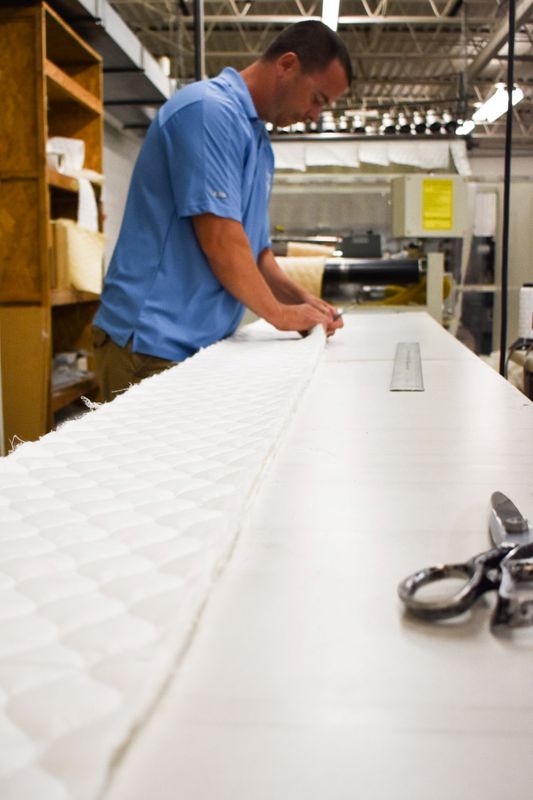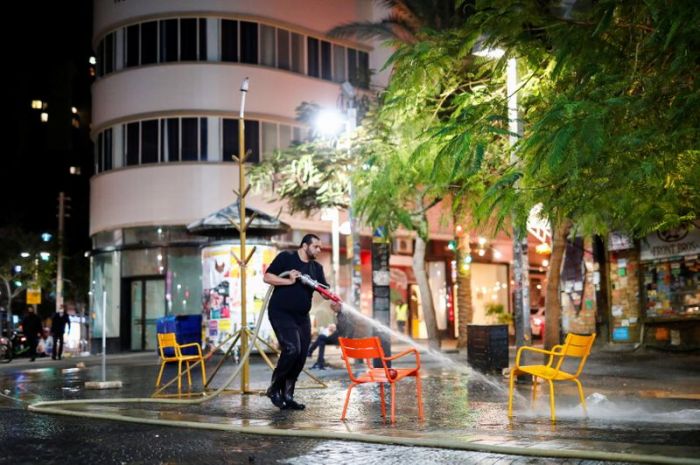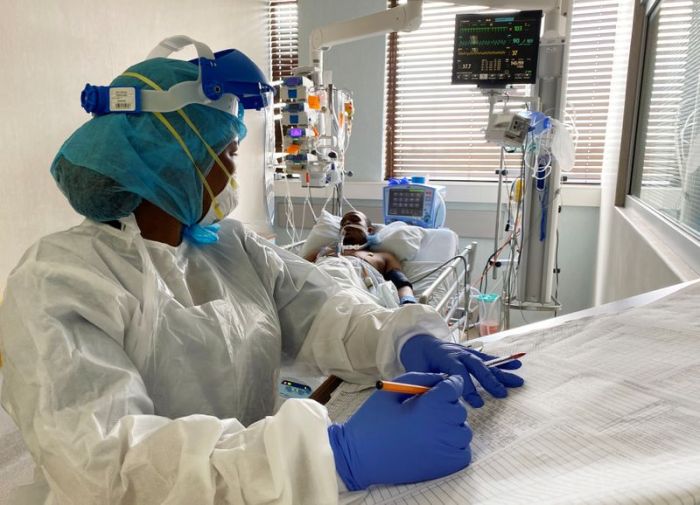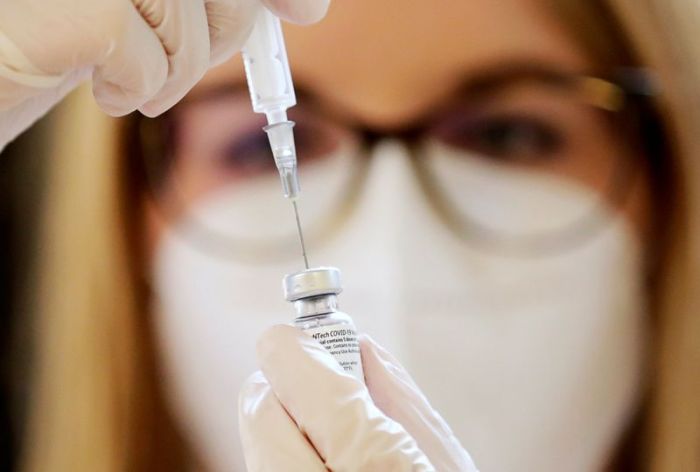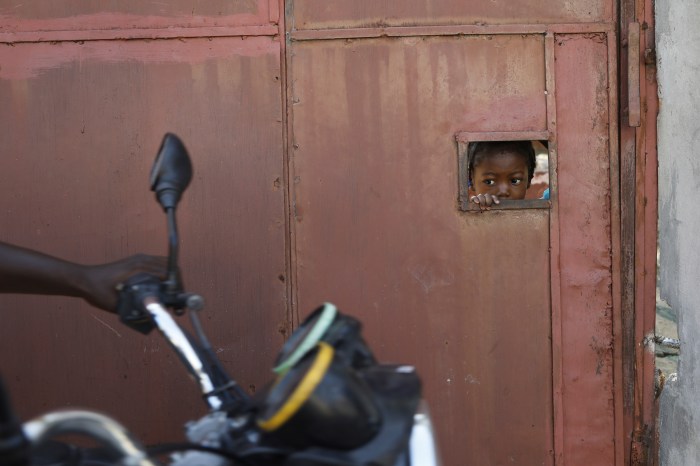(Reuters) – Lauren Taylor’s small mattress factory in northern Indiana has managed to survive during the coronavirus pandemic, with the help of a federal emergency loan and a surge of purchases by cocooning customers after early shopping restrictions lifted.
But as COVID-19 infections worsen again in the United States, the American-made parts her company, Holder Mattress Co., relies on are taking months to arrive, forcing customers to wait for their new beds.
“We are losing business as a result,” said Taylor, who is the president and third generation to run the nine-employee family concern in Kokomo, Indiana.
A type of latex foam made in Connecticut, for instance, normally took no more than five weeks to arrive; now the wait is as long as five months. The same goes for box springs for king-size mattresses, one of the factory’s most popular offerings.
Taylor is worried the delays could worsen.
Behind the bottlenecks is the new U.S. wave of COVID-19, which has brought record deaths and infection rates, and is starting to impact her suppliers.
“Sometimes they’re down to skeleton crews, or they have people quarantining, or they’re producing less because they’re observing distances (inside the supplier plants),” said Taylor.
U.S. manufacturing output increased more than expected in November, fueled in particular by strong motor vehicle production. But there are signs momentum could slow as the latest COVID-19 wave keeps workers at home and temporarily shuts factories.
The Institute for Supply Management reported a drop in business sentiment in its November survey. A surge of infections is straining suppliers, and production lines were being halted because of lack of staff, manufacturers reported. Absenteeism and difficulties in hiring workers could continue to “dampen” manufacturing until the pandemic ends, the ISM said.
Holder is one of several small businesses Reuters has tracked through the coronavirus pandemic and a wobbling recovery. Millions still face an uncertain future, despite the promise of widespread vaccination next year.
Many factories were deemed essential and kept producing earlier in the crisis, but now they’re being squeezed. Delays in deliveries have grown in some sectors as consumer demand has outstripped supplies, and production in the Midwest industrial heartland is hit by quarantines and other virus-related disruptions.
For Holder, the problem is compounded by their strict buy-American policy: All the parts and materials for their mattresses are sourced domestically. Big mattress companies, by contrast, can boost imports if they see the need.
After the early coronavirus shutdowns caused a 70% drop in sales in April compared to 2019, Taylor’s business snapped back.
When her two Indiana retail stores in Kokomo and Carmel were able to fully reopen, Taylor started slowly, requiring customers to make appointments to flop around on mattresses in the showrooms. Eventually, “we got a point where people just stopped making appointments and started shopping like normal,” said Taylor. “It was like: ‘Oh, we can go back to life as normal.’”
POST-HALLOWEEN SURGE
The mood began to shift around Halloween, she said, as cases rose in the Midwest. Now Indiana is a hot spot. “Everybody knows somebody who has it,” she said.
That includes Taylor and her family. Last month, her daughter contracted COVID-19 from her preschool teacher. Eventually, her son contracted it as did she and her husband. None grew seriously ill, but she still hasn’t recovered her sense of smell, she said.
Taylor expects business next year to be depressed at least through the first quarter. It’s hard to project beyond that, she said.
“The bigger impact I see is later on,” she said. She is worried President-elect Joe Biden’s administration will lift tariffs on imports from China.
“Imports nearly tanked our industry once,” she said, driving many of her domestic parts suppliers out of business.
(Reporting by Timothy Aeppel in Los Angeles; Editing by Cynthia Osterman)

